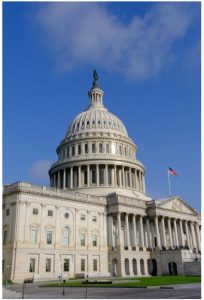 The idea of a visitor tax has gained attention in political debates worldwide. As more people travel and tourism becomes a significant source of revenue, many governments are considering or already imposing taxes on visitors.
The idea of a visitor tax has gained attention in political debates worldwide. As more people travel and tourism becomes a significant source of revenue, many governments are considering or already imposing taxes on visitors.
The Political Debate Around Visitor Taxes
The introduction of visitor taxes often sparks political debate. Governments must balance the need for revenue with the potential impact on tourism. Some political leaders argue that a visitor tax is necessary for tourists to contribute to the local economy. This is particularly important in regions where tourism strains public services, such as waste management, transportation, and emergency services.
On the other hand, critics argue that a visitor tax may discourage people from traveling, especially to high cost destinations. They claim that tourism should be encouraged, not taxed, as it helps create jobs and supports local businesses. Politicians must weigh these concerns when deciding how and when to impose visitor taxes.
The Impact on Tourists and Local Economies
Visitor taxes can have both positive and negative impacts on tourists and local economies. A small tax may not seem like a big deal for travelers, but these fees can add up, especially for those visiting multiple cities or countries. This could lead tourists to choose less expensive destinations, affecting businesses that rely on a steady stream of visitors.
For local economies, the revenue generated from visitor taxes can be substantial. This money can be used to improve infrastructure, such as roads, public transportation, and museums, benefiting tourists and local residents. Additionally, it can help preserve natural landscapes and historical sites, ensuring that future generations can enjoy them.
The politics behind visitor tax is a balancing act between generating revenue and maintaining a healthy tourism industry. While some argue it is a necessary tool to manage the effects of tourism, others believe it could harm local economies if it drives away potential visitors. Understanding both sides of this debate is essential for making informed decisions, whether you’re a traveler or a policymaker.




